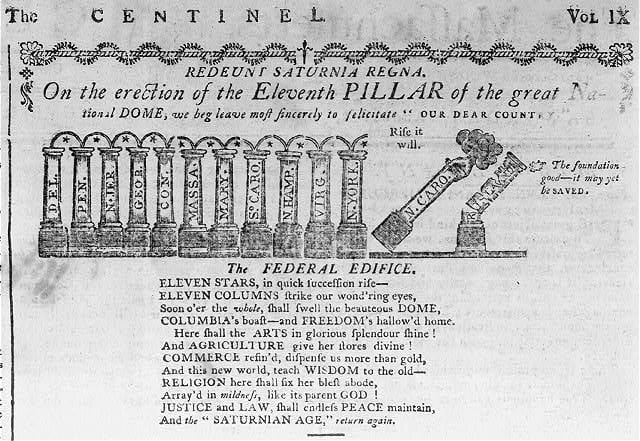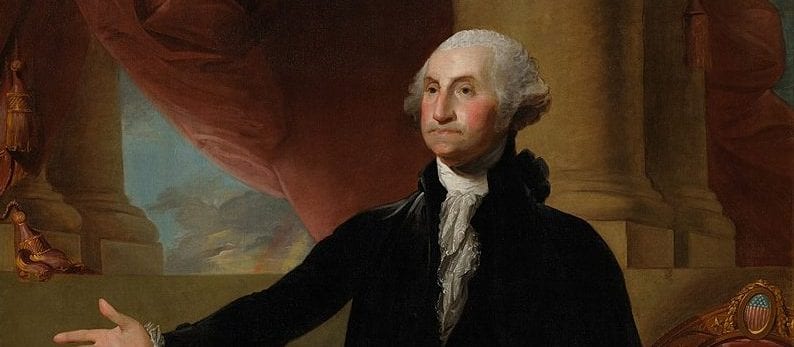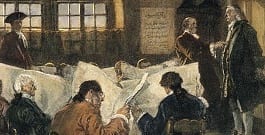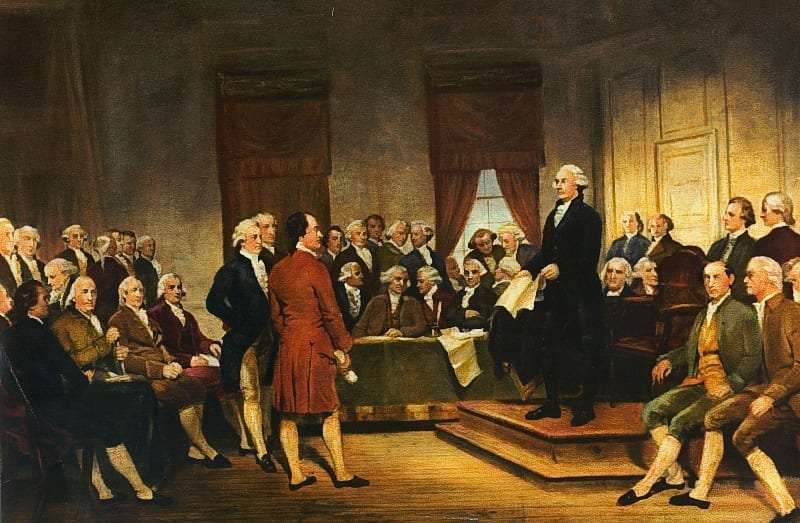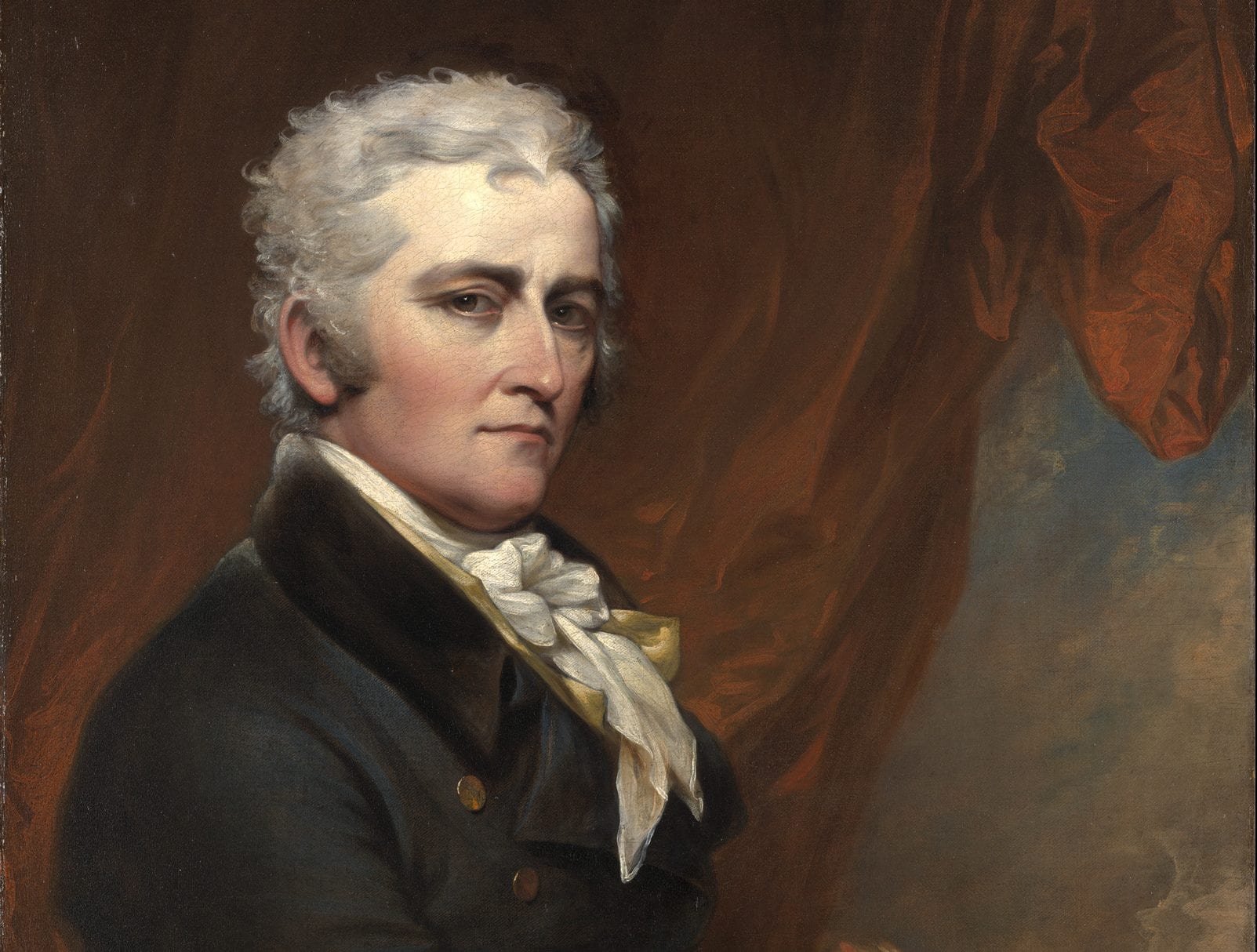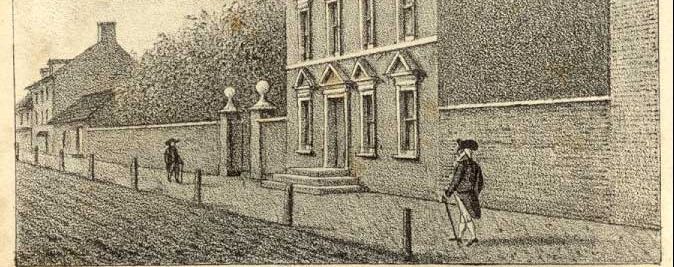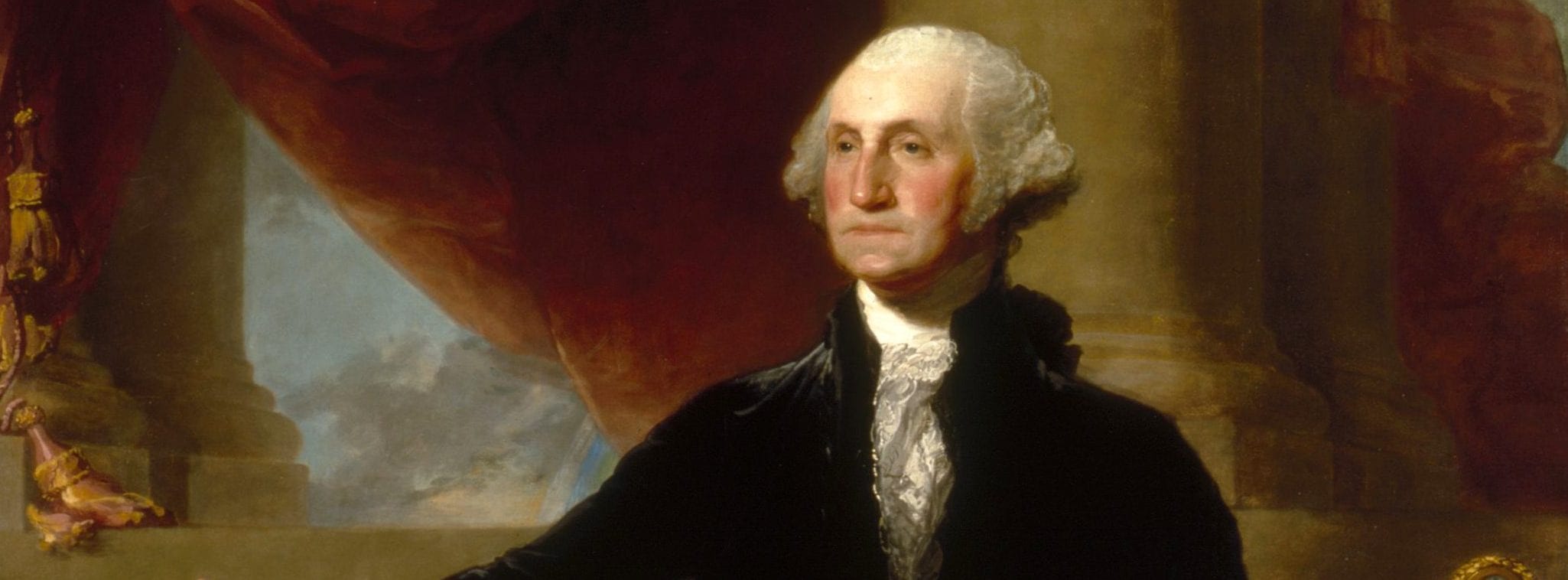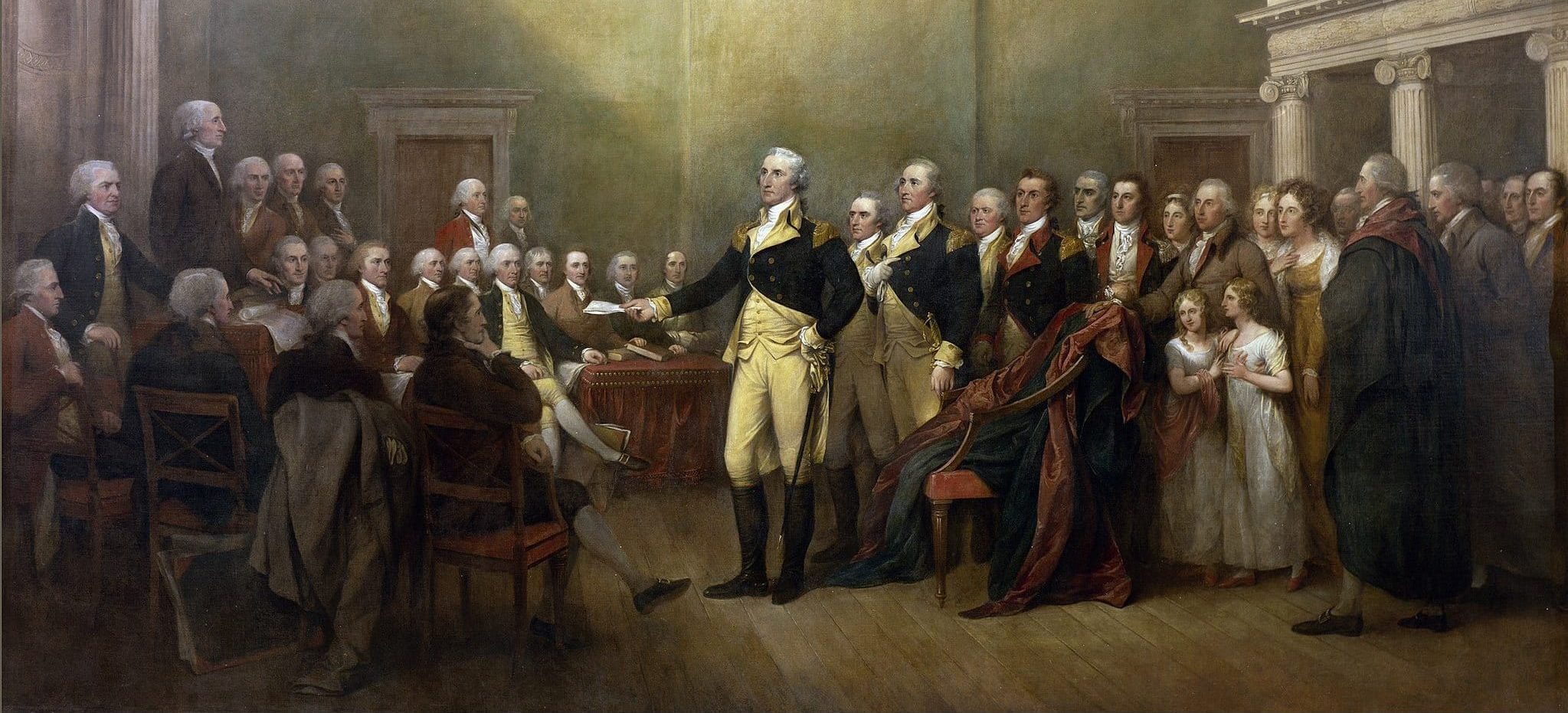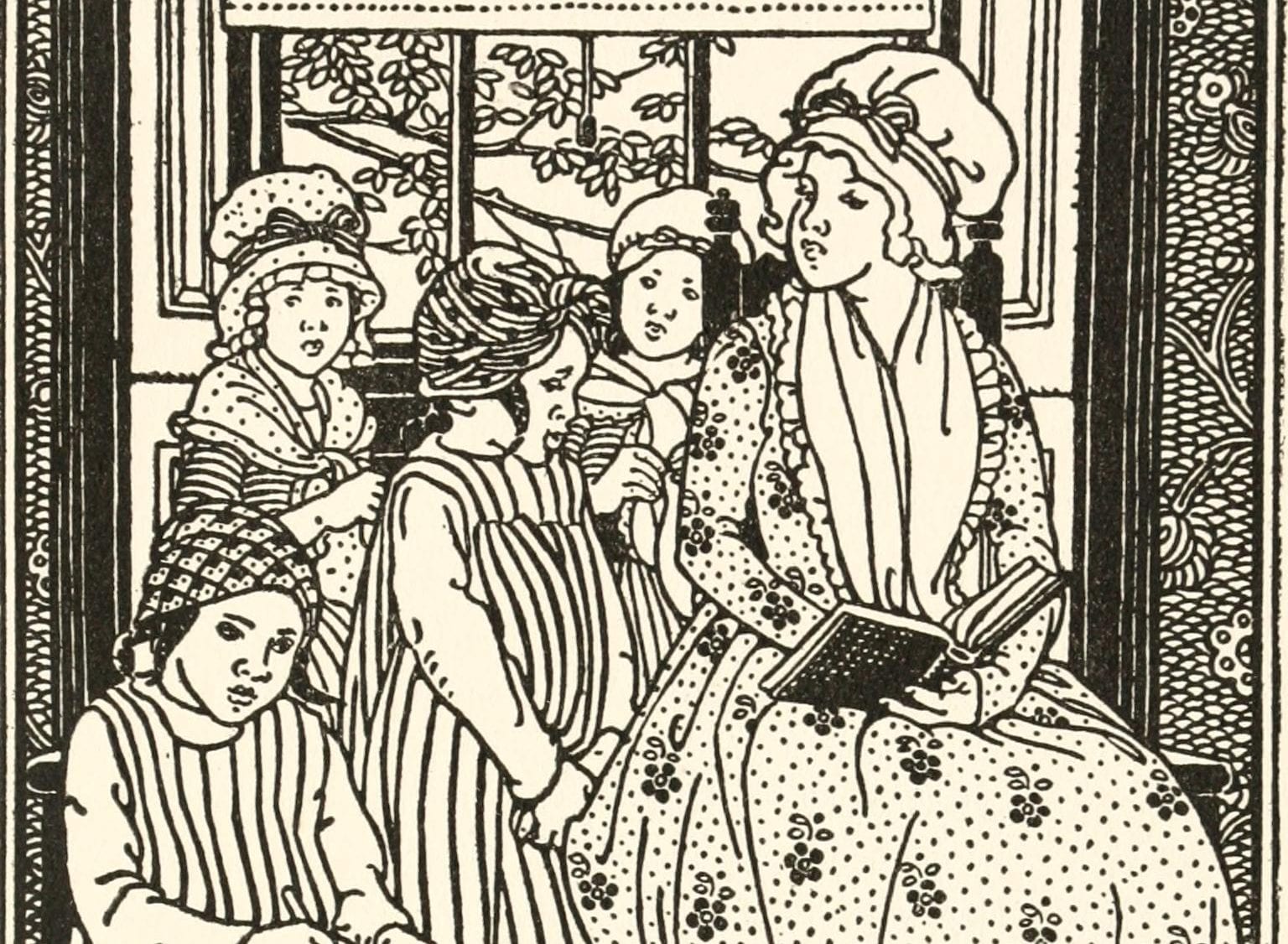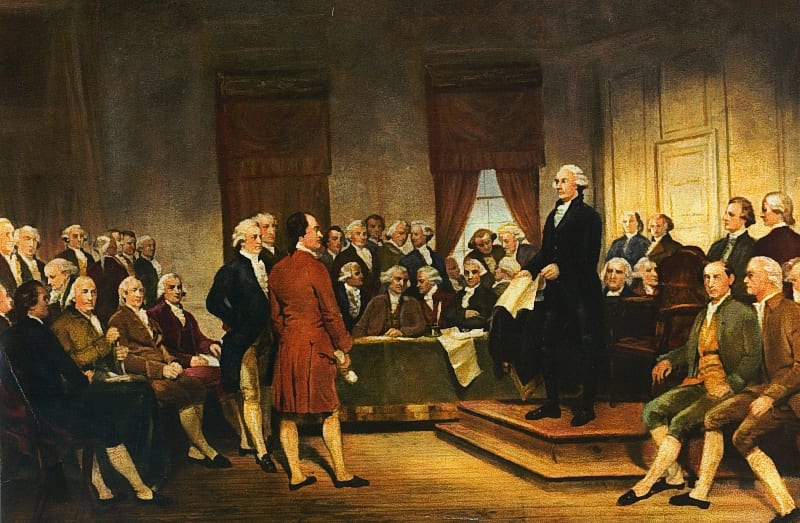


No related resources
Introduction
The 1776 New Jersey Constitution, framed by a convention that met from May 26 through July 3, was the second to be adopted by the new states and the first to omit a prefatory bill of rights. Nevertheless, the constitution appeals to “the nature of things” and the American covenanting tradition. Moreover, civil rights and criminal procedures are addressed in four of the thirty-nine articles. The New Jersey model of incorporating a bill of rights in a constitution rather than the Virginia model (1776) of having a bill of rights outside the Constitution is revisited in the First Congress (Madison Argues for a Bill of Rights (1789); The House Version (1789); The Senate Version (1789); Congress sends Twelve Amendments (1789)).
Article XVI of the New Jersey Constitution provides that “all criminals shall be admitted to the same privileges of witness and counsel, as their prosecutors do or shall be entitled to,” and Article XXII confirms the common law tradition with the trial by jury being given permanent protection. Two articles address the issue of religious rights. Article XVIII guarantees to all “the inestimable privilege of worshipping Almighty God in a manner agreeable to the dictates of his own conscience,” and proclaims that no one shall ever be obliged to support financially any ministry “contrary to what he believes to be right, or has deliberately or voluntarily engaged himself to perform.” Article XIX states that there “shall be no establishment of any one religious sect in this Province, in preference to another,” and that “all persons, professing a belief in the faith of any Protestant sect . . . shall fully and freely enjoy every privilege and immunity, enjoyed by others their fellow subjects.” New Jersey was the first state to prohibit the establishment of a specific sect as the official religion.
Source: The Essential Bill of Rights, ed. Gordon Lloyd and Margie Lloyd, (Lanham, MD: University Press of America, 1998), 196–201. We have followed F. N. Thorpe, The Federal and State Constitutions (Washington, DC: Government Printing Office, 1909) vol. V: 2594–2598; https://goo.gl/fzFbWj. The Roman numerals are in the original.
WHEREAS all the constitutional authority ever possessed by the kings of Great Britain over these colonies, or their other dominions, was, by compact, derived from the people, and held of them, for the common interest of the whole society; allegiance and protection are, in the nature of things, reciprocal ties, each equally depending upon the other, and liable to be dissolved by the others being refused or withdrawn. And whereas George the Third, king of Great Britain, has refused protection to the good people of these colonies; and, by assenting to sundry acts of the British Parliament, attempted to subject them to the absolute dominion of that body; and has also made war upon them, in the most cruel and unnatural manner, for no other cause, than asserting their just rights—all civil authority under him is necessarily at an end, and a dissolution of government in each colony has consequently taken place.
And whereas, in the present deplorable situation of these colonies, exposed to the fury of a cruel and relentless enemy, some form of government is absolutely necessary, not only for the preservation of good order, but also the more effectually to unite the people, and enable them to exert their whole force in their own necessary defense: and as the honorable the continental congress, the supreme council of the American colonies, has advised such of the colonies as have not yet gone into measures, to adopt for themselves, respectively, such government as shall best conduce to their own happiness and safety, and the well-being of America in general: We, the representatives of the colony of New Jersey, having been elected by all the counties, in the freest manner, and in congress assembled, have, after mature deliberations, agreed upon a set of charter rights and the form of a constitution, in manner following, viz.
I. That the government of this province shall be vested in a Governor, Legislative Council, and General Assembly.
II. That the Legislative Council, and General Assembly, shall be chosen, for the first time, on the second Tuesday in August next; the members whereof shall be the same in number and qualifications as are herein after mentioned; and shall be and remain vested with all the powers and authority to be held by any future Legislative Council and Assembly of this colony, until the second Tuesday in October, which shall be in the year of our Lord one thousand seven hundred and seventy-seven.
III. That on the second Tuesday in October yearly, and every year forever (with the privilege of adjourning from day to day as occasion may require) the counties shall severally choose one person, to be a member of the Legislative Council of this colony, who shall be, and have been, for one whole year next before the election, an inhabitant and freeholder in the county in which he is chosen, and worth at least one thousand pounds proclamation money,[1] of real and personal estate, within the same county; that, at the same time, each county shall also choose three members of assembly; provided that no person shall be entitled to a seat in the said assembly unless he be, and have been, for one whole year next before the election, an inhabitant of the county he is to represent, and worth five hundred pounds proclamation money, in real and personal estate, in the same county: that on the second Tuesday next after the day of election, the council and assembly shall separately meet; and that the consent of both houses shall be necessary to every law; provided, that seven shall be a quorum of the council, for doing business, and that no law shall pass, unless there be a majority of all the representatives of each body personally present, and agreeing thereto. Provided always, that if a majority of the representatives of this province, in council and General Assembly convened, shall, at any time or times hereafter, judge it equitable and proper, to add to or diminish the number or proportion of the members of assembly for any county or counties in this colony, then, and in such case, the same may, on the principles of more equal representation, be lawfully done; anything in this charter to the contrary notwithstanding: so that the whole number of representatives in assembly shall not, at any time, be less than thirty-nine.
IV. That all inhabitants of this colony, of full age, who are worth fifty pounds proclamation money, clear estate in the same, and have resided within the county in which they claim a vote for twelve months immediately preceding the election, shall be entitled to vote for representatives in council and assembly; and also for all other public officers, that shall be elected by the people of the county at large.
V. That the assembly, when met, shall have power to choose a speaker, and other their officers; to be judges of the qualifications and elections of their own members; sit upon their own adjournments; prepare bills, to be passed into laws; and to empower their speaker to convene them, whenever any extraordinary occurrence shall render it necessary.
VI. That the council shall also have power to prepare bills to pass into laws, and have other like powers as the Assembly, and in all respects be a free and independent branch of the legislature of this colony; save only, that they shall not prepare or alter any money bill—which shall be the privilege of the assembly; that the council shall, from time to time, be convened by the Governor or Vice President, but must be convened, at all times, when the Assembly sits; for which purpose the speaker of the House of Assembly shall always, immediately after an adjournment, give notice to the Governor, or Vice President, of the time and place to which the House is adjourned.
VII. That the council and assembly jointly, at their first meeting after each annual election, shall, by a majority of votes, elect some fit person within the colony, to be Governor for one year, who shall be constant president of the Council, and have a casting vote in their proceedings; and that the council themselves shall choose a Vice President who shall act as such in the absence of the Governor.
VIII. That the Governor, or, in his absence, the Vice President of the council, shall have the supreme executive power, be chancellor of the colony, and act as captain-general and commander in chief of all the militia, and other military force in this colony; and that any three or more of the council shall, at all times, be a privy-council, to consult them; and that the Governor be ordinary or surrogate-general.
IX.That the Governor and council, (seven whereof shall be a quorum) be the court of appeals, in the last resort, in all clauses of law, as heretofore; and that they possess the power of granting pardons to criminals, after condemnation, in all cases of treason, felony, or other offences.
X. That captains, and all other inferior officers of the militia, shall be chosen by the companies, in the respective counties; but field and general officers, by the council and assembly.
XI. That the council and assembly shall have power to make the Great Seal of this Colony, which shall be kept by the Governor, or, in his absence, by the Vice President of the council, to be used by them as occasion may require: and it shall be called, the Great Seal of the Colony of New-Jersey.
XII. That the judges of the Supreme Court shall continue in office for seven years: the judges of the Inferior Court of Common Pleas in the several counties, justices of the peace, clerks of the Supreme Court, clerks of the Inferior Court of Common Pleas and Quarter Sessions,[2] the Attorney General, and provincial Secretary, shall continue in office for five years: and the provincial Secretary shall continue in office for one year; and that they shall be severally appointed by the council and assembly, in manner aforesaid, and commissioned by the Governor, or, in his absence, the Vice President of the council. Provided always, that the said officers, severally, shall be capable of being re-appointed, at the end of the terms severally before limited; and that any of the said officers shall be liable to be dismissed, when adjudged guilty of misbehavior, by the council, on an impeachment of the assembly.
XIII. That the inhabitants of each county, qualified to vote as aforesaid, shall at the time and place of electing their Representatives, annually elect one sheriff, and one or more coroners; and that they may re-elect the same person to such offices, until he shall have served three years, but no longer; after which, three years must elapse before the same person is capable of being elected again. When the election is certified to the Governor, or Vice President, under the hands of six freeholders[3] of the county for which they were elected, they shall be immediately commissioned to serve in their respective offices.
XIV. That the townships, at their annual town meetings for electing other officers, shall choose constables for the districts respectively; and also three or more judicious freeholders of good character, to hear and finally determine all appeals, relative to unjust assessments, in cases of public taxation; which commissioners of appeal shall, for that purpose, sit at some suitable time or times, to be by them appointed, and made known to the people by advertisements.
XV. That the laws of the colony shall begin in the following style, viz. “Be it enacted by the council and General Assembly of this colony, and it is hereby enacted by authority of the same:” that all commissions, granted by the Governor or Vice President, shall run thus—”The Colony of New Jersey to A. B. &c. greeting:” and that all writs shall likewise run in the name of the Colony: and that all indictments shall conclude in the following manner, viz. “Against the peace of this colony, the government and dignity of the same.”
XVI. That all criminals shall be admitted to the same privileges of witnesses and counsel, as their prosecutors are or shall be entitled to.
XVII. That the estates of such persons as shall destroy their own lives, shall not, for that offence, be forfeited; but shall descend in the same manner, as they would have done, had such persons died in the natural way; nor shall any article, which may occasion accidentally the death of any one, be henceforth deemed a deodand,[4] or in anywise forfeited, on account of such misfortune.
XVIII. That no person shall ever, within this colony, be deprived of the inestimable privilege of worshipping Almighty God in a manner agreeable to the dictates of his own conscience; nor, under any pretense whatever, be compelled to attend any place of worship, contrary to his own faith and judgment; nor shall any person, within this colony, ever be obliged to pay tithes, taxes, or any other rates, for the purpose of building or repairing any other church or churches, place or places of worship, or for the maintenance of any minister or ministry, contrary to what he believes to be right, or has deliberately or voluntarily engaged himself to perform.
XIX. That there shall be no establishment of any one religious sect in this province, in preference to another; and that no Protestant inhabitant of this colony shall be denied the enjoyment of any civil right, merely on account of his religious principles; but that all persons, professing a belief in the faith of any Protestant sect, who shall demean themselves peaceably under the government, as hereby established, shall be capable of being elected into any office of profit or trust, or being a member of either branch of the legislature, and shall fully and freely enjoy every privilege and immunity, enjoyed by others their fellow subjects.
XX. That the legislative department of this government may, as much as possible, be preserved from all suspicion of corruption, none of the Judges of the supreme or other courts, sheriffs, or any other person or persons possessed of any post of profit under the government, other than justices of the peace, shall be entitled to a seat in the assembly: but that, on his being elected, and taking his seat, his office or post shall be considered as vacant.
XXI. That all the laws of this province, contained in the edition lately published by Mr. Allinson,[5] shall be and remain in full force, until altered by the legislature of this colony (such only excepted, as are incompatible with this charter) and shall be, according as heretofore, regarded in all respects, by all civil officers, and others, the good people of this province.
XXII. That the common law of England, as well as so much of the statute law, as have been heretofore practiced in this colony, shall still remain in force, until they shall be altered by a future law of the legislature; such parts only excepted, as are repugnant to the rights and privileges contained in this charter; and that the inestimable right of trial by jury shall remain confirmed as a part of the laws of this colony, without repeal, forever.
XXIII. That every person, who shall be elected as aforesaid to be a member of the Legislative Council, or House of Assembly, shall, previous to this taking his seat in council or assembly, take the following oath or affirmation, viz:
“I, A. B., do solemnly declare, that, as a member of the Legislative Council, (or Assembly, as the case may be,) of the Colony of New Jersey, I will not assent to any law, vote or proceeding, which shall appear to me injurious to the public welfare of said colony, nor that shall annul or repeal that part of the third section in the charter of this colony, which establishes, that the elections of members of the Legislative Council and Assembly shall be annual; nor that part of the twenty-second section in said charter, respecting the trial by jury, nor that shall annul, repeal, or alter any part or parts of the eighteenth or nineteenth sections of the same.”
And any person or persons, who shall be elected as aforesaid, is hereby empowered to administer to the said members the said oath or affirmation.
Provided always, and it is the true intent and meaning of this Congress, that if a reconciliation between Great Britain and these colonies should take place, and the latter be taken again under the protection and government of the crown of Britain, this charter shall be null and void—otherwise to remain firm and inviolable.
In Provincial Congress, New Jersey,
Burlington, July 2, 1776.
By order of Congress. SAMUEL TUCKER, Pres.
WILLIAM PATTERSON, Secretary
- 1. A proclamation in 1704 by Queen Anne attempted to regulate coinage in the colonies. Coinage so regulated was known as proclamation money.
- 2. A lower local court hearing cases involving smaller amounts of money or property and some less serious civil and criminal complaints.
- 3. A freeholder is someone who owns property without obligation to anyone else.
- 4. Something forfeited because it caused the death of someone.
- 5. Samuel Allinson (1739–1791), a Quaker, was an attorney commissioned by the New Jersey legislature in 1773 to prepare a compilation of the laws of New Jersey. The compilation was published in 1776. See Documents Relating to the Revolutionary History of the State of New Jersey, edited by William A. Stryker (Trenton, NJ: the John L. Murphy Publishing Company, 1901), 63.

Conversation-based seminars for collegial PD, one-day and multi-day seminars, graduate credit seminars (MA degree), online and in-person.



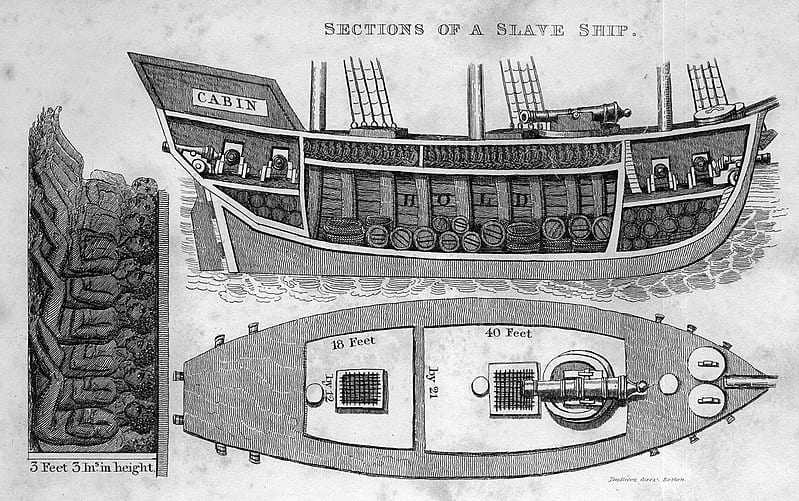






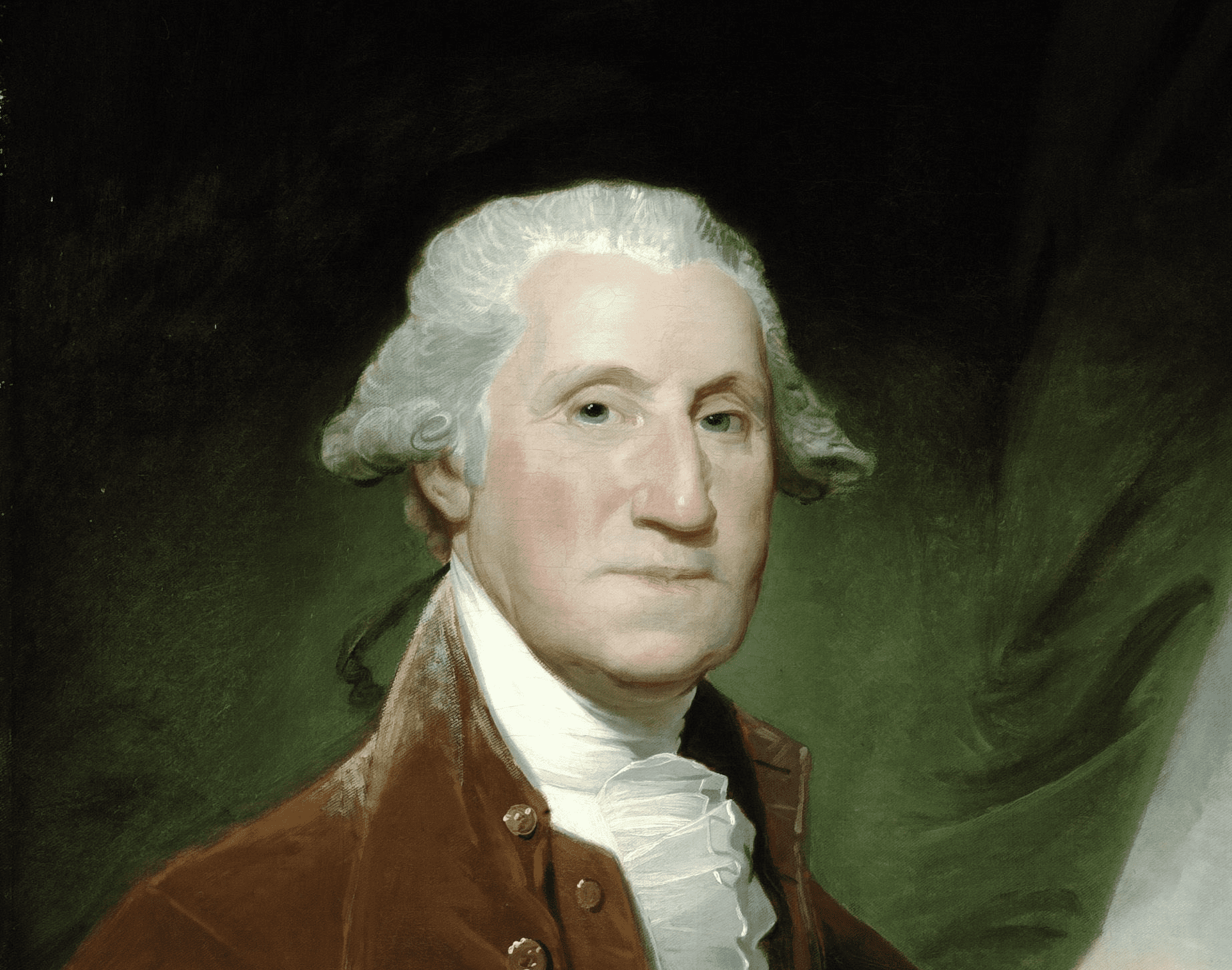















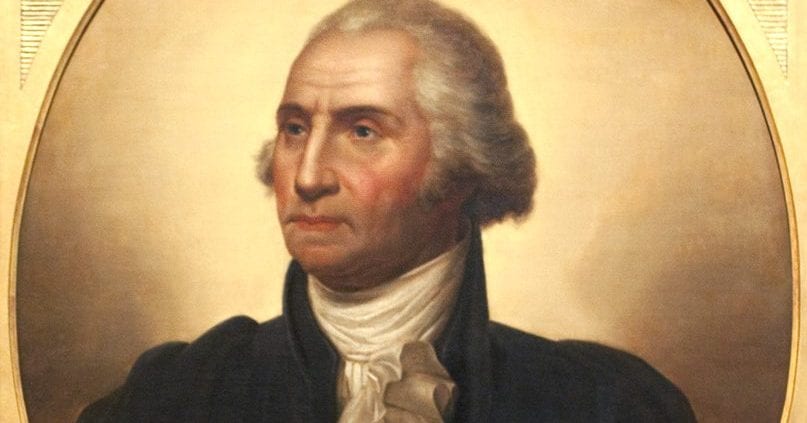
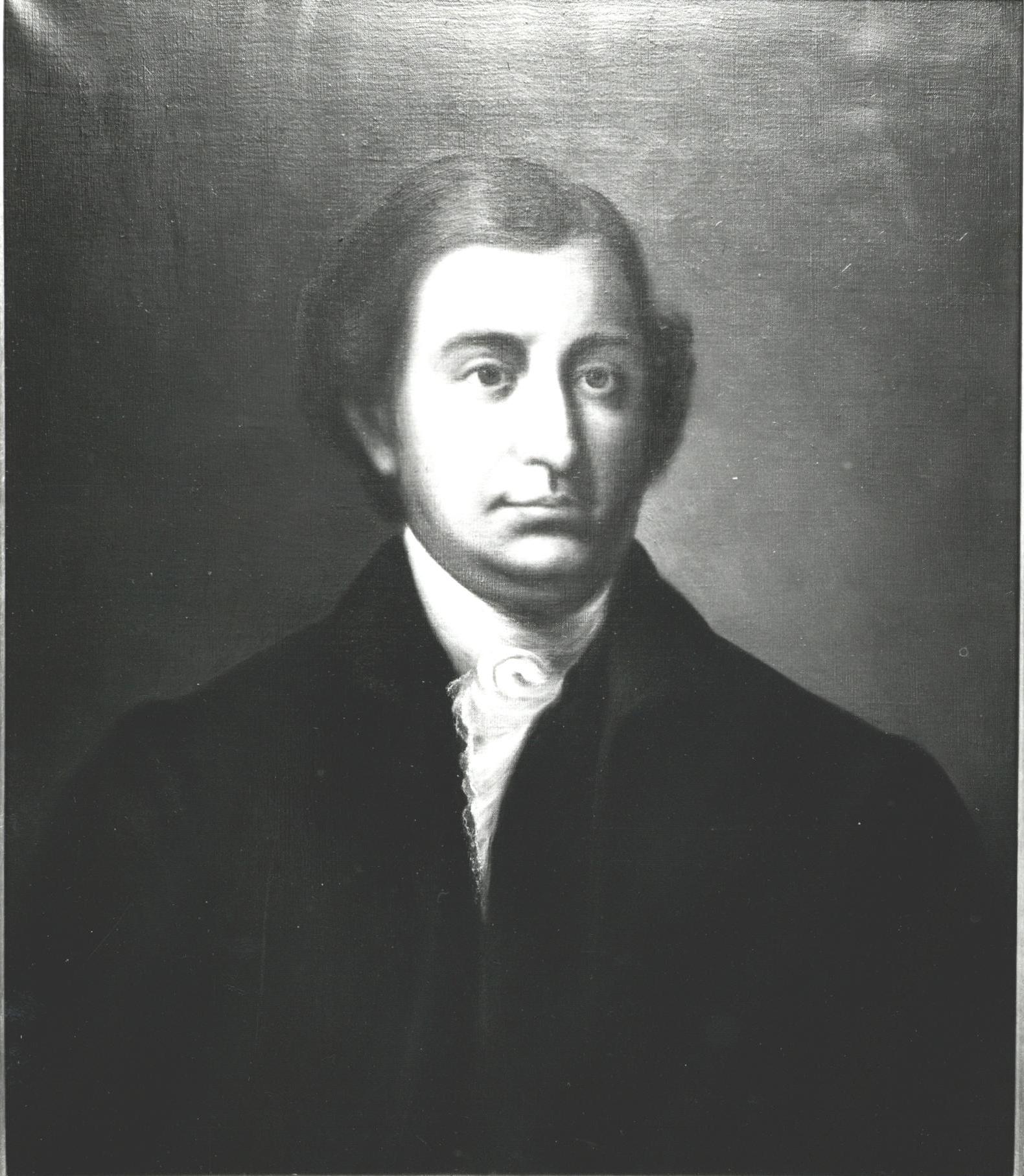
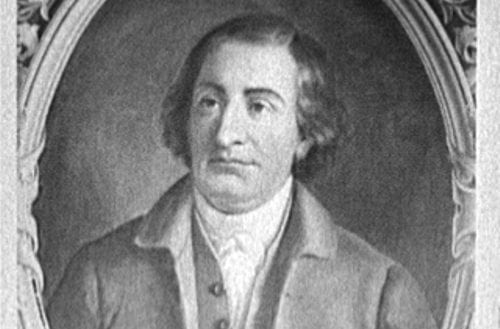
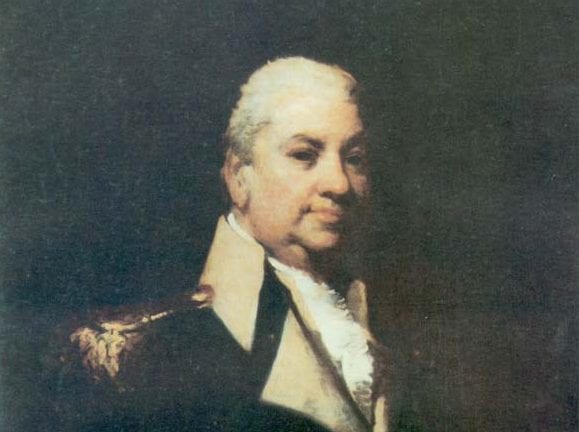




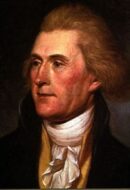













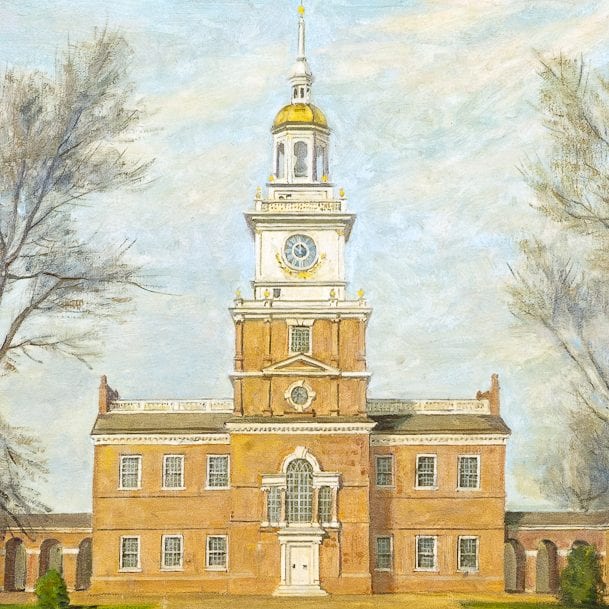

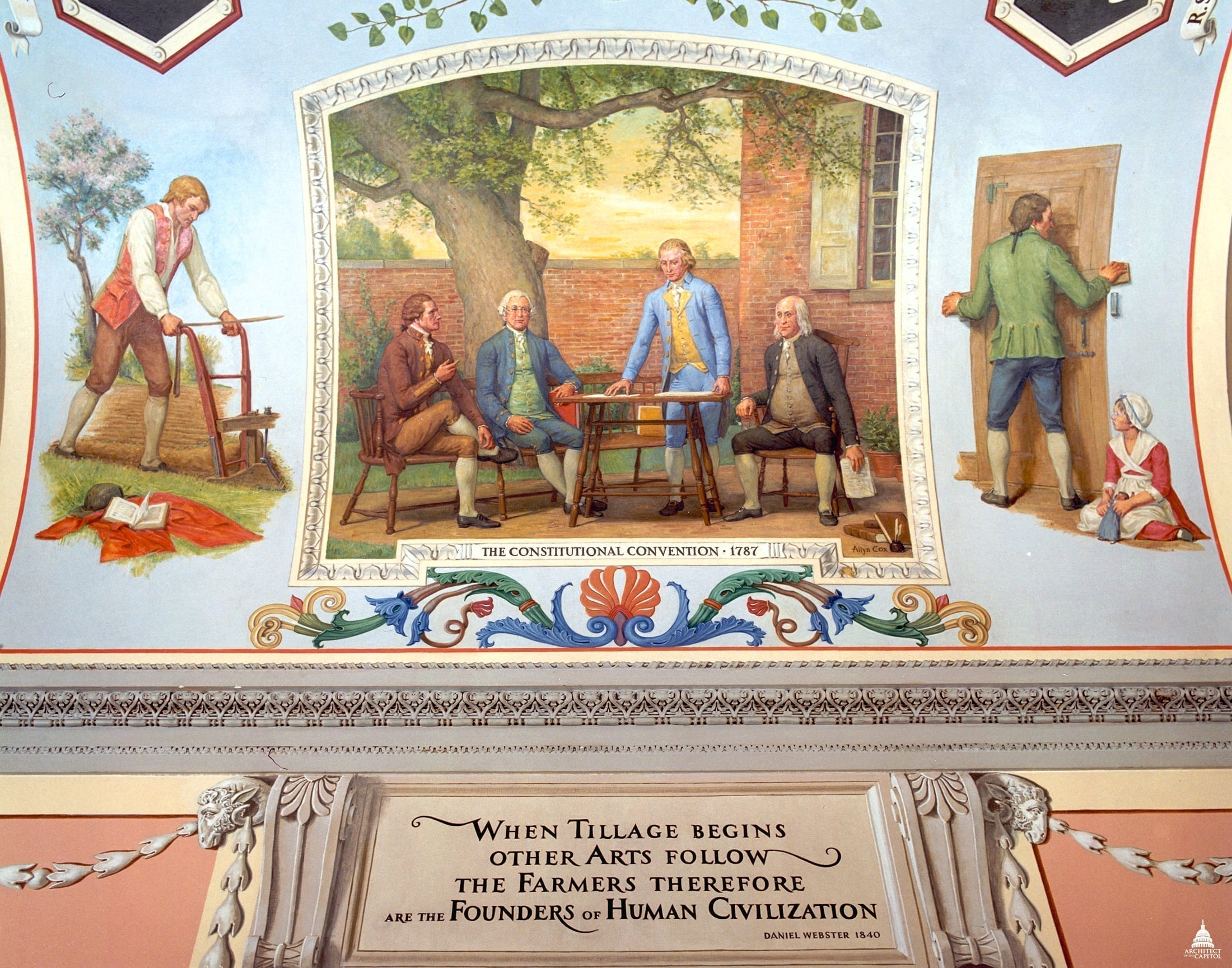

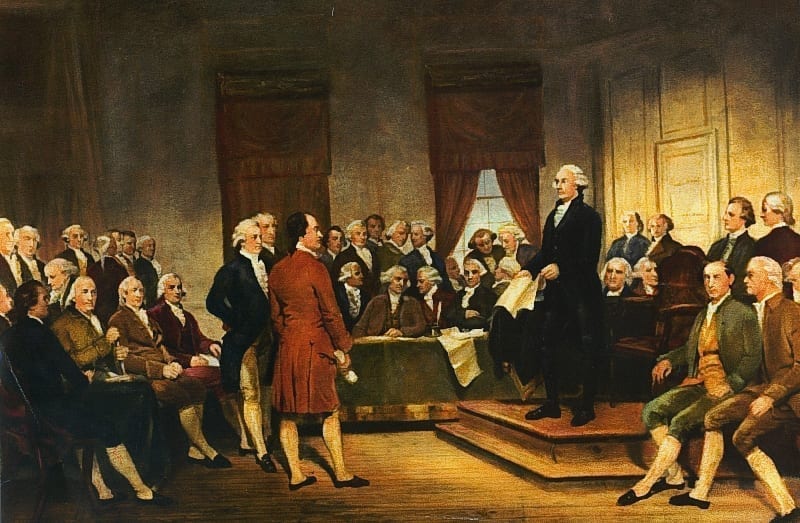


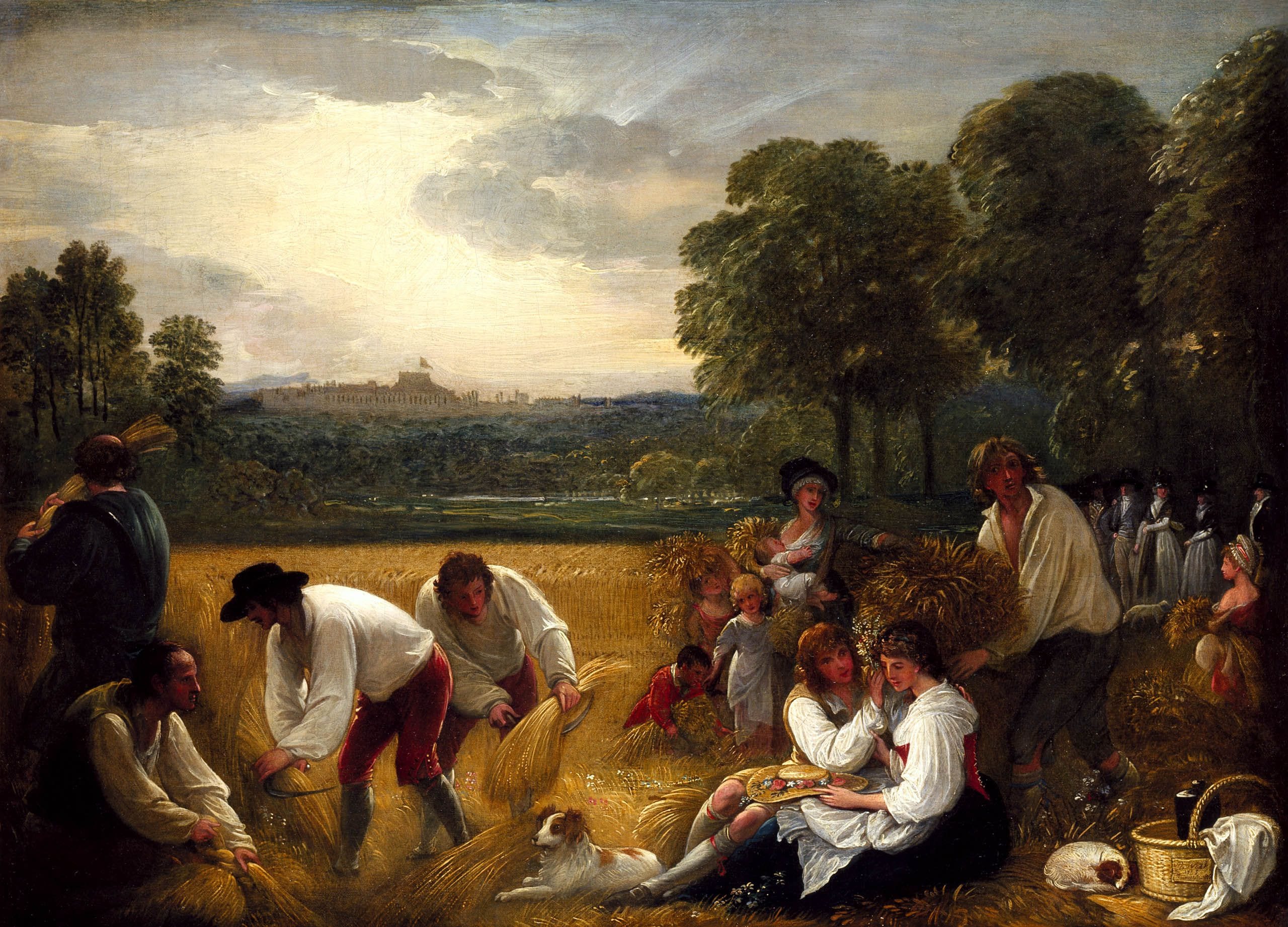


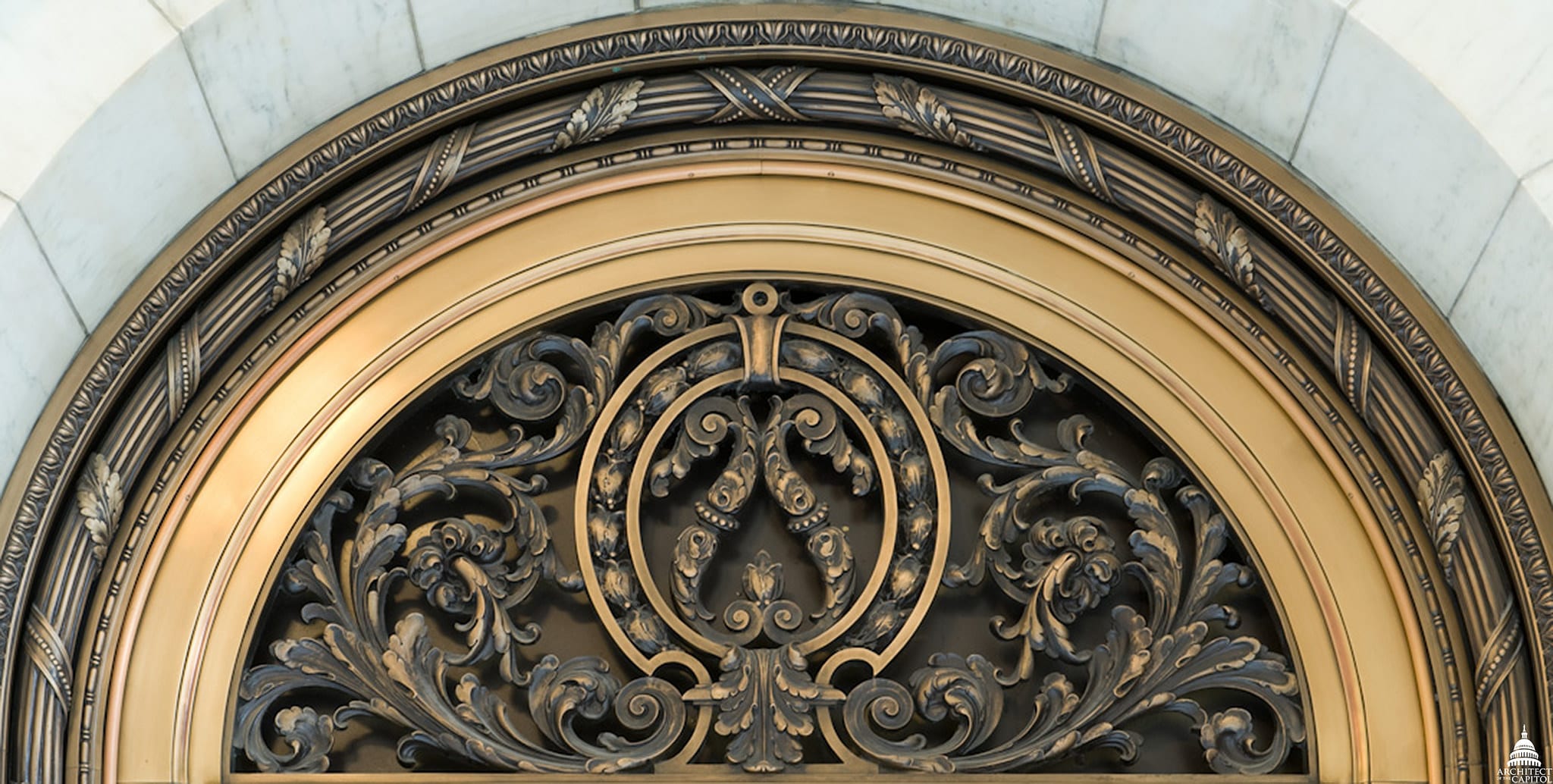













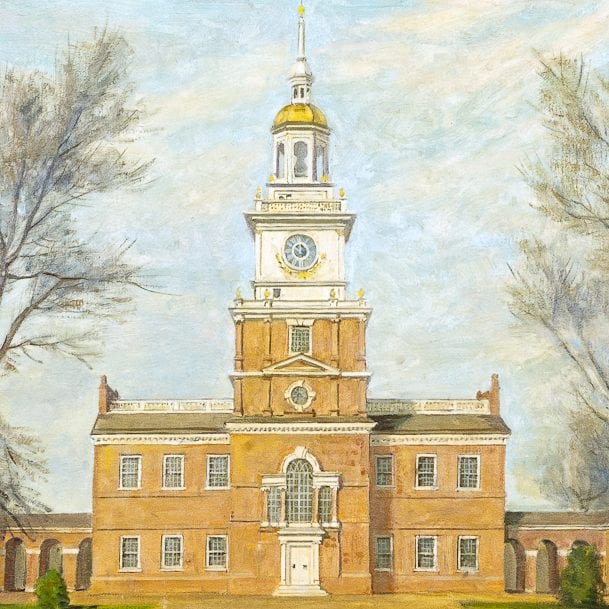
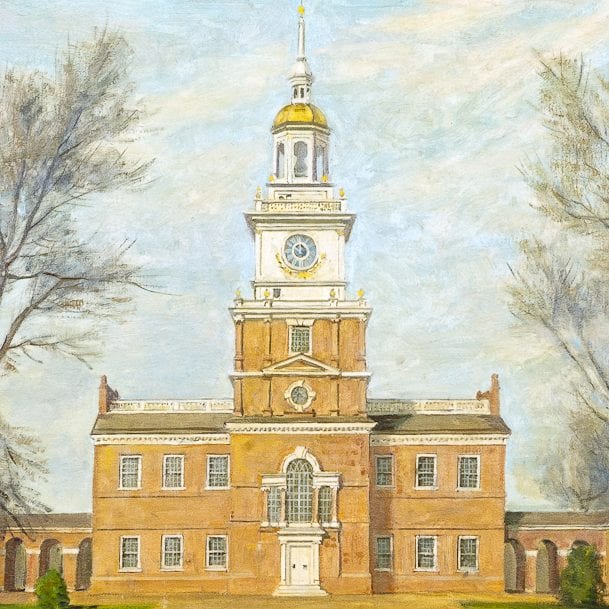






































































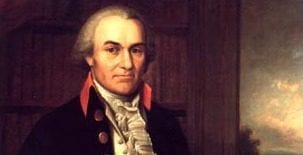



























![Finley, A. (1829) Pennsylvania. Philada. [Map] Retrieved from the Library of Congress, https://www.loc.gov/item/98688548/.](/content/uploads/2024/02/Map-of-PA--273x190.jpg)





















